Introduction
The Agriculture and Agritech industry have witnessed a significant transformation with the advent of IT technology. Traditionally, farming relied heavily on manual labor and basic tools, but the integration of advanced technologies has revolutionized the sector.
From precision agriculture and automation to enhanced supply chain management and sustainable farming practices, IT has become a critical driver of efficiency, productivity, and sustainability. This introduction explores the profound impact IT technology has had on modern agriculture, paving the way for a more innovative and resilient industry.
1. Precision Agriculture
Data Analytics and IoT: Sensors and IoT devices collect real-time data on soil health, weather conditions, and crop growth. This data, when analyzed, allows farmers to make informed decisions about planting, irrigation, and harvesting, optimizing resource use and maximizing yields.
GPS and GIS Technologies: These technologies enable precise mapping of fields, allowing for targeted application of inputs like fertilizers and pesticides, reducing waste and environmental impact.
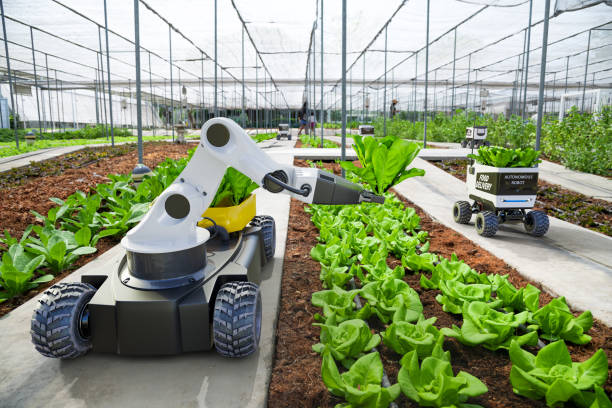
2. Automation and Robotics
Automated Machinery: Tractors and other farming equipment equipped with AI and robotics can perform tasks such as planting, weeding, and harvesting with minimal human intervention, increasing efficiency and reducing labor costs.
Drones: Drones are used for crop monitoring, spraying, and even planting, providing a bird's-eye view of the fields and enabling quick action in response to issues like pest infestations.
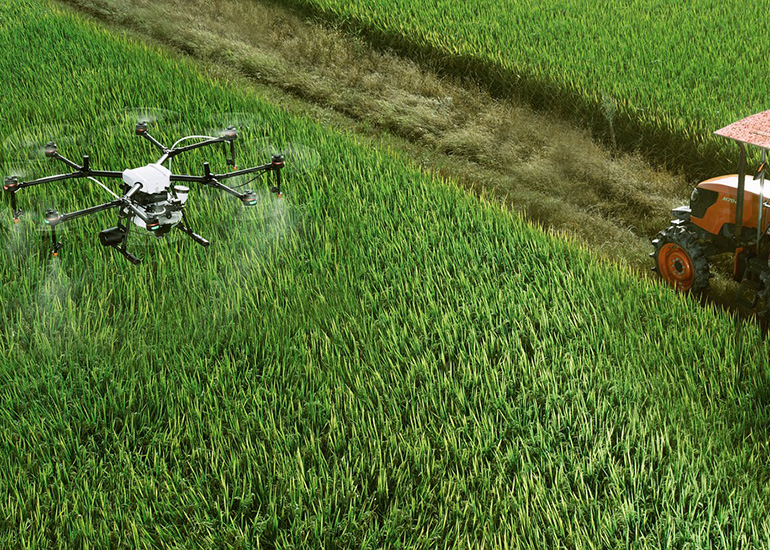
3. Supply Chain Management
Blockchain Technology: Blockchain is used to create transparent and traceable supply chains, ensuring food safety and quality from farm to table. It also helps in reducing fraud and ensuring fair trade practices.
Inventory Management: IT solutions streamline inventory management, reduce waste and ensure agricultural products reach markets promptly.
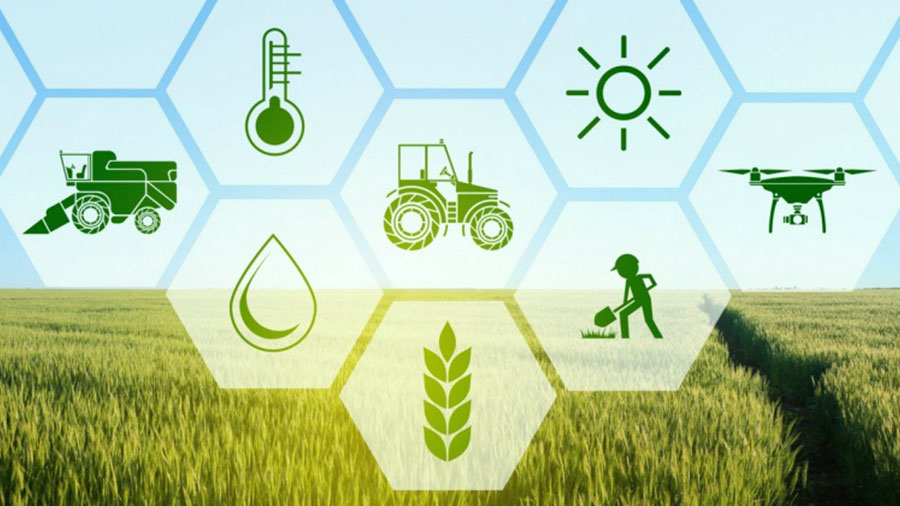
4. Sustainable Farming Practices
Climate Smart Agriculture: IT tools help farmers adapt to changing climate conditions by providing predictive analytics on weather patterns and recommending adaptive practices.
Resource Management: Advanced irrigation systems controlled by IT platforms ensure that water and other resources are used efficiently, promoting sustainability.
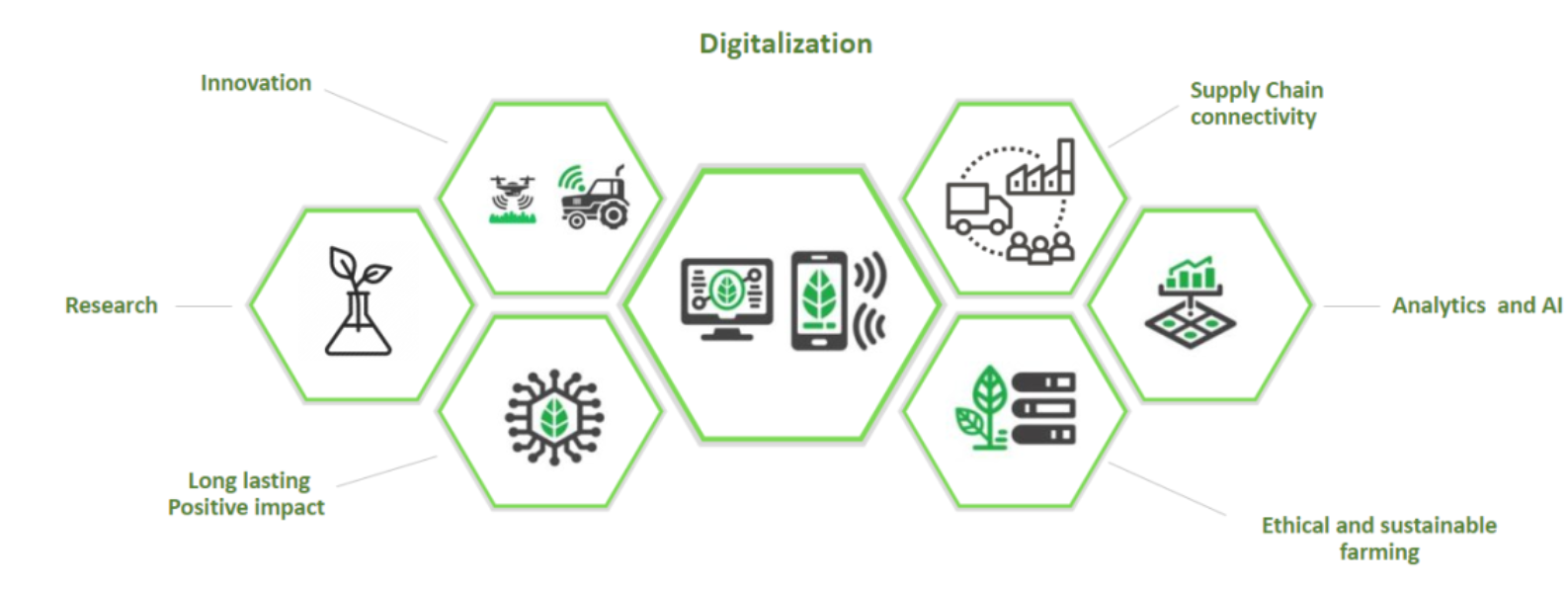
5. Market Access and E-Commerce
Digital Platforms: Farmers can access markets directly through online platforms, bypassing intermediaries and increasing their profit margins. These platforms also provide real-time pricing information and demand forecasts.
Mobile Applications: Apps provide farmers with access to expert advice, weather updates, and market information, empowering them to make better decisions.
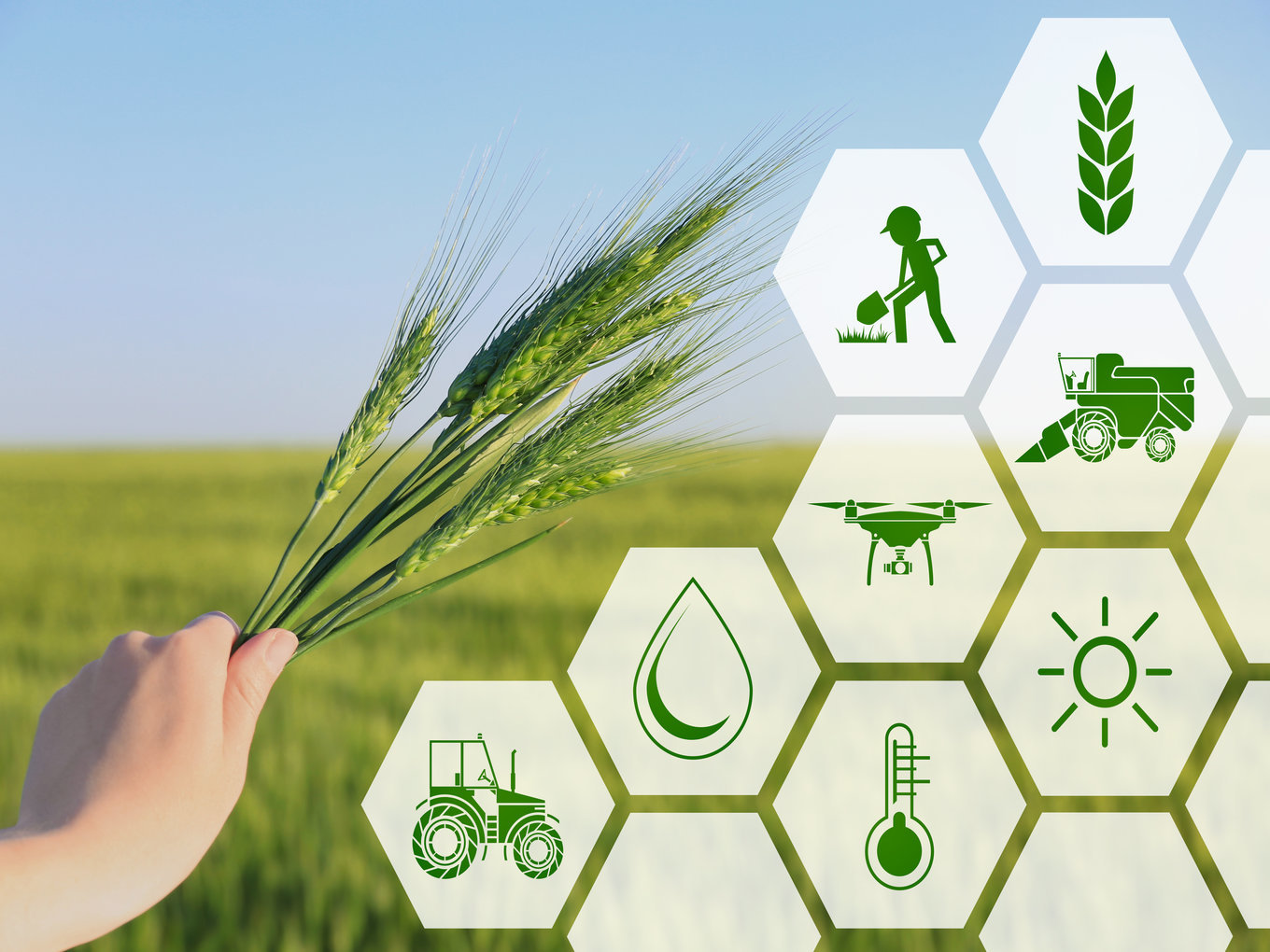
Conclusion
The integration of IT technology into the Agriculture and Agritech industry marks a pivotal shift toward a more efficient, sustainable, and productive future. By harnessing the power of data, automation, and digital tools, farmers can optimize their practices, reduce waste, and increase yields.
The continued advancement of IT in agriculture will be essential in addressing global challenges such as food security, climate change, and resource management. As the industry evolves, IT technology will remain at the forefront, driving innovation and ensuring that agriculture meets the demands of a growing global population.
